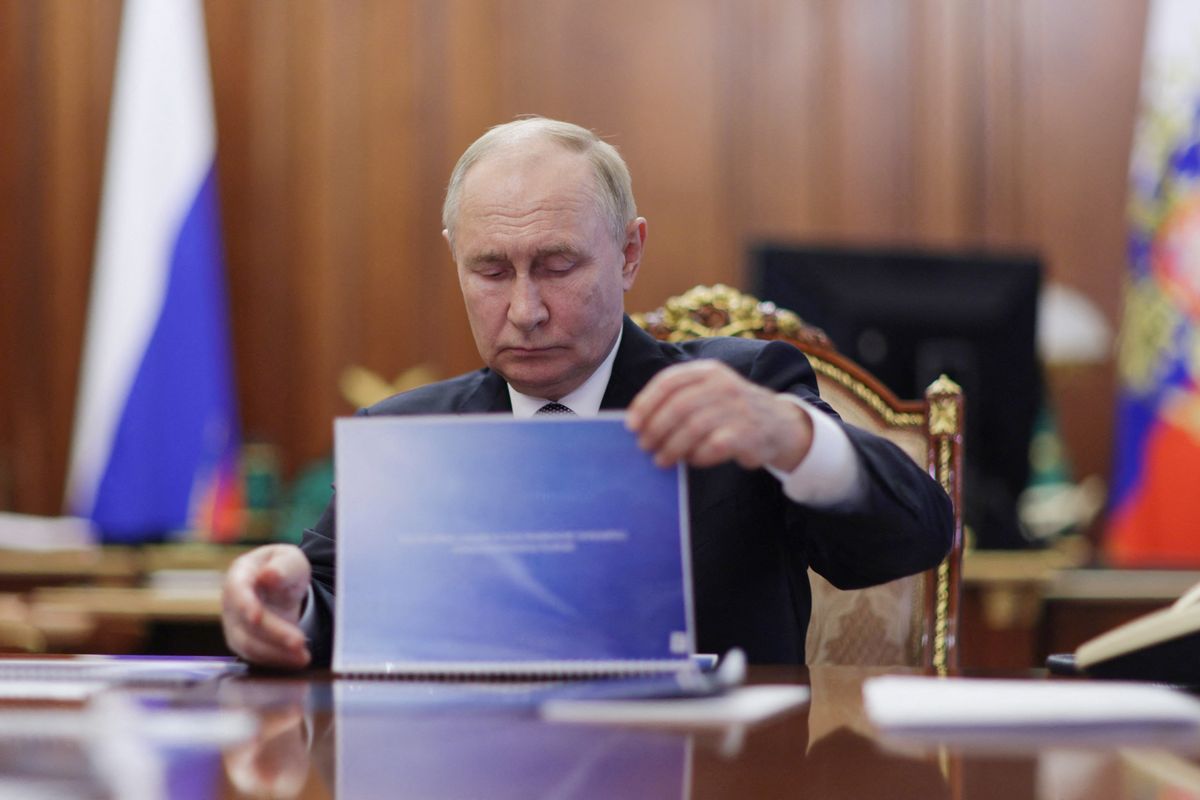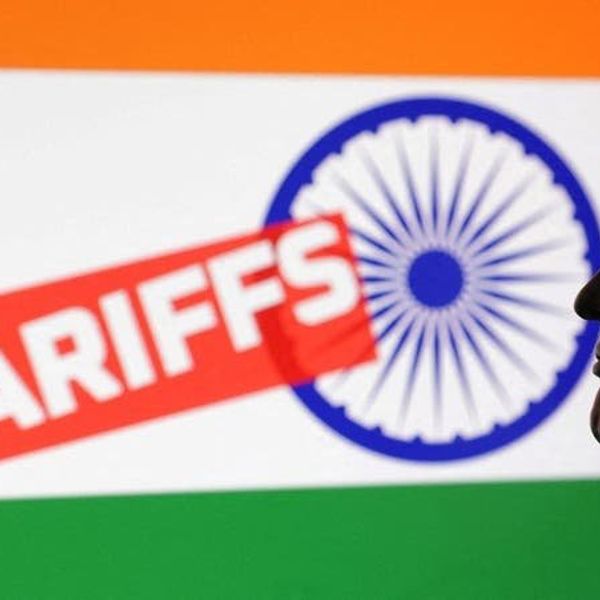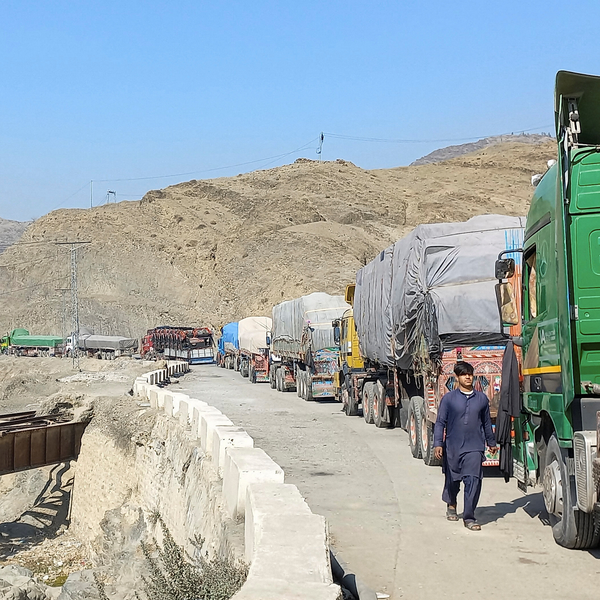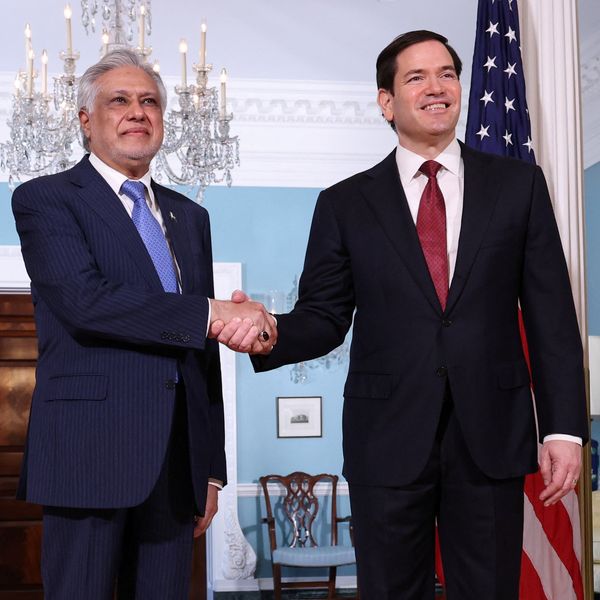Kremlin brings up nuclear doctrine day after Biden's arms decision on Ukraine
Russia’s nuclear doctrine permits the use of nuclear weapons to deter aggression
Reuters
News Agency Partner
Reuters is a leading source of news and information, delivering fact-based reporting and expert analysis on international events and trends.

Moscow calls Biden's arms decision on Ukraine reckless
Russia's nuclear doctrine drawn up, Kremlin says
Russia ready to normalize ties with US but won't 'tango alone'
Changes to Russia's nuclear doctrine have been drawn up and will be formalized as necessary, the Kremlin said on Tuesday, signaling Moscow's concern over the latest U.S. decision on missile strikes from Ukraine.
"They (the changes) have already been practically formulated. They will be formalized as necessary," Dmitry Peskov, the Kremlin's press secretary, told TASS state news agency in remarks published on Tuesday.
Russia’s nuclear doctrine permits the use of nuclear weapons to deter aggression.
The Kremlin called on Monday the reported decision by President Joe Biden's administration to allow Ukraine to fire American missiles deep into Russia reckless and it warned that Moscow will respond.
Russia, which started its full-scale invasion of Ukraine 1,000 days ago, has repeatedly cautioned that the West is playing with fire by probing the limits of what a nuclear power might or might not tolerate.
NATO problem
In September, President Vladimir Putin said that Western approval of Kyiv's use of long-range missiles would mean "the direct involvement of NATO countries, the United States and European countries in the war in Ukraine" because NATO military infrastructure and personnel would have to be involved in the targeting and firing of the missiles.
Biden's decision followed months of pleas by President Volodymyr Zelensky to allow Ukraine's military to use U.S. weapons to hit Russian military targets far from its border.
The U.S. decision came largely in response to Russia's deployment of North Korean ground troops to supplement its own forces, a development that has caused alarm in Washington and Kyiv, sources told Reuters.
Russian gains
Russia calls its war in Ukraine a special military operation, while Kyiv and its Western allies call it an unprovoked, imperialistic land grab.
Russian forces control about a fifth of Ukrainian territory and have recently been advancing swiftly. Thousands of people have died in the war, the vast majority of them Ukrainians.
Just weeks before the November U.S. presidential vote, Putin ordered changes to the nuclear doctrine to say that any conventional attack on Russia aided by a nuclear power could be considered to be a joint attack on Russia.
Western analysts have called the changes an escalation in Moscow's attempts to dissuade the West from expanding its military aid to Ukraine. The full details of the amended doctrine have not yet been made public.
The war in Ukraine has triggered the worst crisis in Moscow's relations with the West since the 1962 Cuban Missile Crisis.
Peskov told TASS on Tuesday that Moscow is ready to normalize its ties with Washington.
"But we cannot tango alone," Peskov said. "And we are not going to do it."










Comments
See what people are discussing